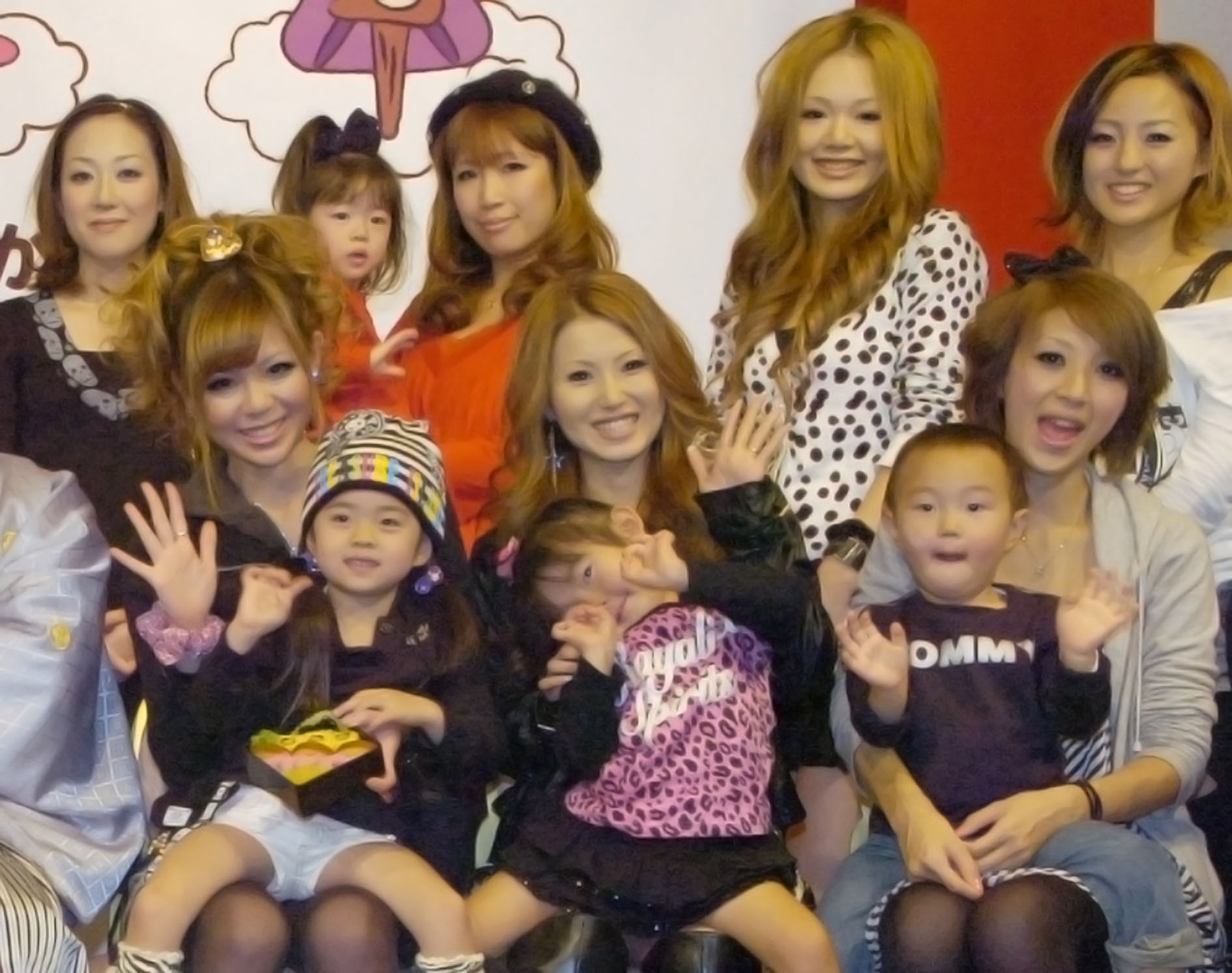Bad news on the kekkon sensen (結婚戦線, marriage front) — hardly anyone's doing it. According to a government survey, more than 60 percent of single men and close to 50 percent of single women are not in relationships, nor are they particularly interested in dating. At this rate, Japan's already dwindling birth rate is expected to drop another couple of notches, accelerating the trend of chōkōreika shakai (超高齢化社会, super-senior society).
It's not that people don't want marriage, it's more that they don't want to wind up like their parents. For women, it's a familiar feeling. The more I talk to my single friends, the more I hear the phrase: "Jibun no hahaoya no yōni dakewa naritakunai" (「自分の母親のようにだけはなりたくない」"Anything is better than being like my mother"). And who can blame them? If they were smart, the legion of Nihon no okāsan (日本のお母さん, Japanese mothers) would have formed a union decades ago. Even a casual glance at a Japanese mother's job description reveals its thankless, long-suffering, utter doormat nature. A time-worn phrase goes like this: "Onna wa sangai ni ie nashi" (「女は三界に家なし」"In three worlds, a woman has no home"). Meaning that when she is young, she must abide by the law of her parent's household; after marriage, she's under the thumb of her husband and mother-in-law; finally in late middle age, she enters the household of her eldest son and must obey his wishes. By that time her elderly in-laws are in need of kaigo (介護, care and aid) which as the okāsan, she's expected to provide. "Bummer" doesn't begin to describe the life and times of a Japanese mother.
But the old okāsan image has undergone a major revamping as the ultimate, respected eikyū shūshoku (永久就職, eternal employment) position. Thanks to home electronics, the okāsan is no longer a bowed-down slave in the kitchen. She has time during the day for keshō (化粧, makeup), puchi zeitaku ranchi (プチ贅沢ランチ, a semi-extravagant lunch) with her mamatomo (ママ友, mom friends), trips to the gym and other pleasurable pastimes. The concept of the sutekina okāsan (素敵なお母さん, nice-looking, sophisticated mom) has been generated to alleviate the stress and koritsu (孤立, isolation) that too often plagues the Japanese mother.



